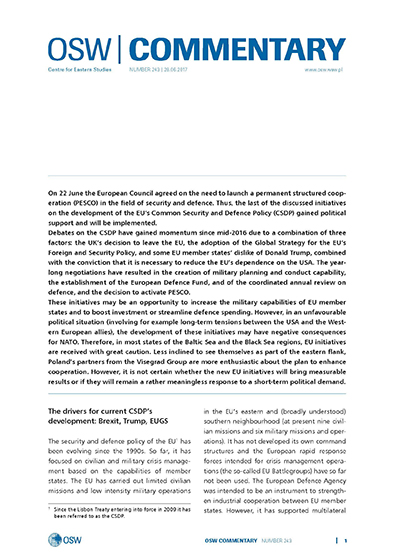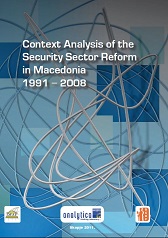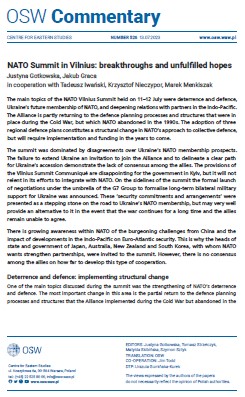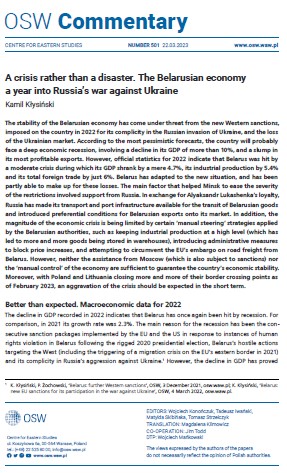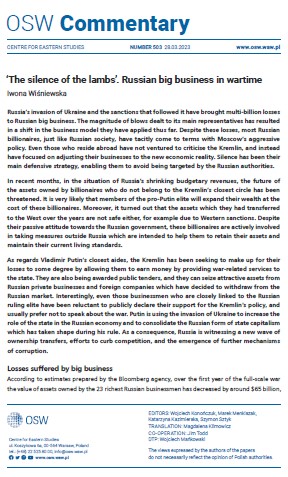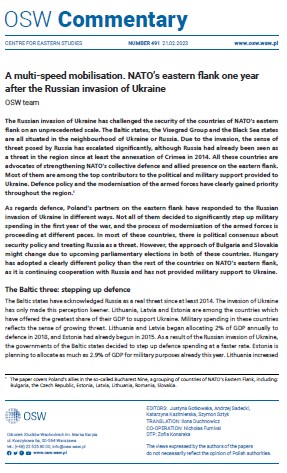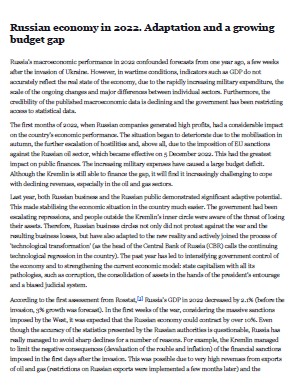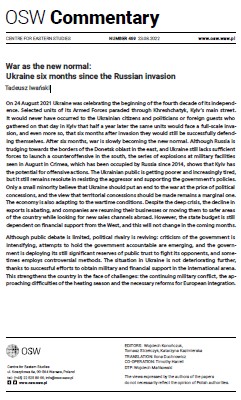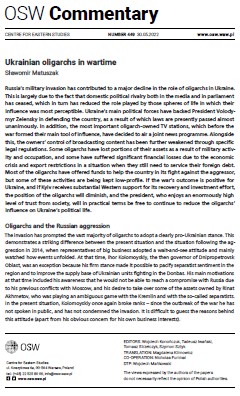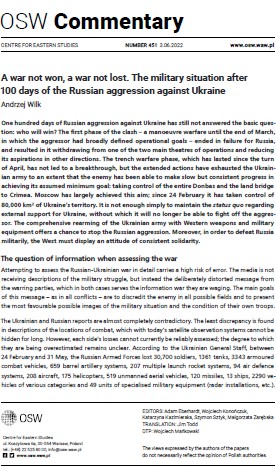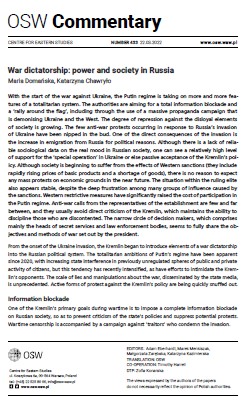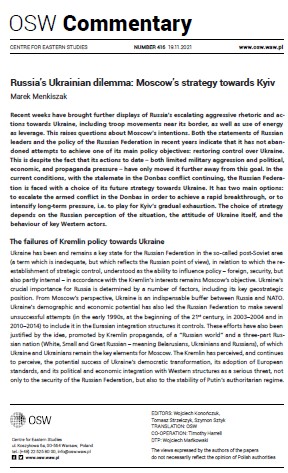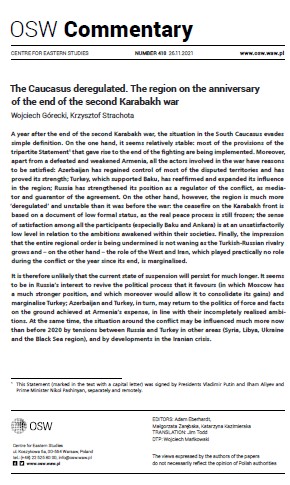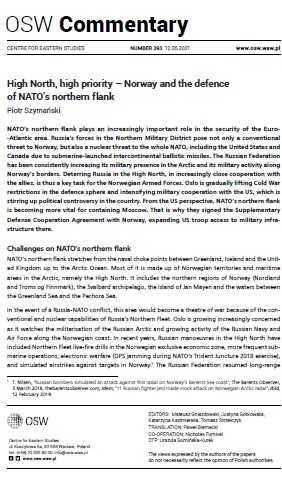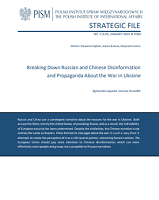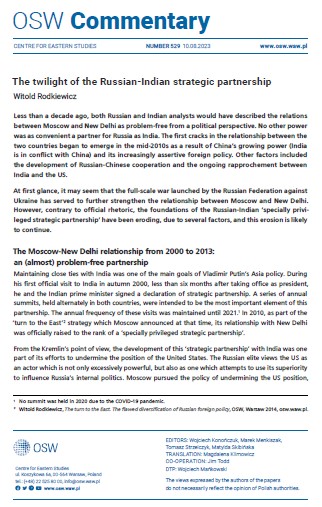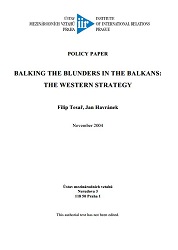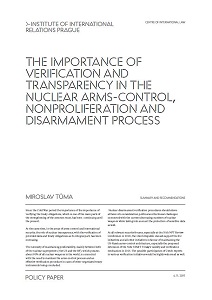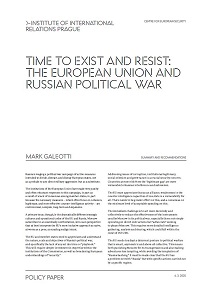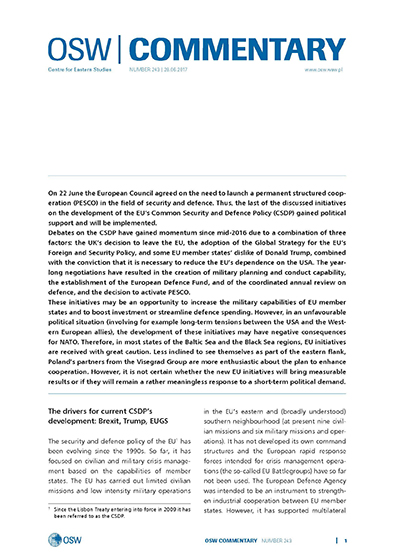
Still together, but apart? Kyiv’s policy towards the Donbas
The peace deal agreed on 5 September 2014 concerning the ceasefire in the region covered by the conflict in the Donbas brought about a significant reduction in the scale of military clashes. However, in mid-January the separatist forces, supported by the Russian military, started an offensive along the entire front line. For example, they seized the airport in Donetsk and the village of Krasnyi Partyzan. About a third of the Donetsk and the Lugansk oblasts currently remain outside Kyiv’s control (see Map). Before the war, these areas were inhabited by 6.6 million residents, 15% of Ukraine’s total population. The process launched in September 2014 in Minsk, which was intended to regulate the conflict within the so-called trilateral contact group (Ukraine, Russia, the OSCE and representatives of the separatists), resulted in an exchange of some prisoners of war, although it failed to have any political effects. Attempts at regulating the political situation were additionally complicated by the illegal ‘elections’ of leaders of the two separatist regions, the so-called Donetsk and Lugansk People’s Republics (the DPR and LPR).
More...
